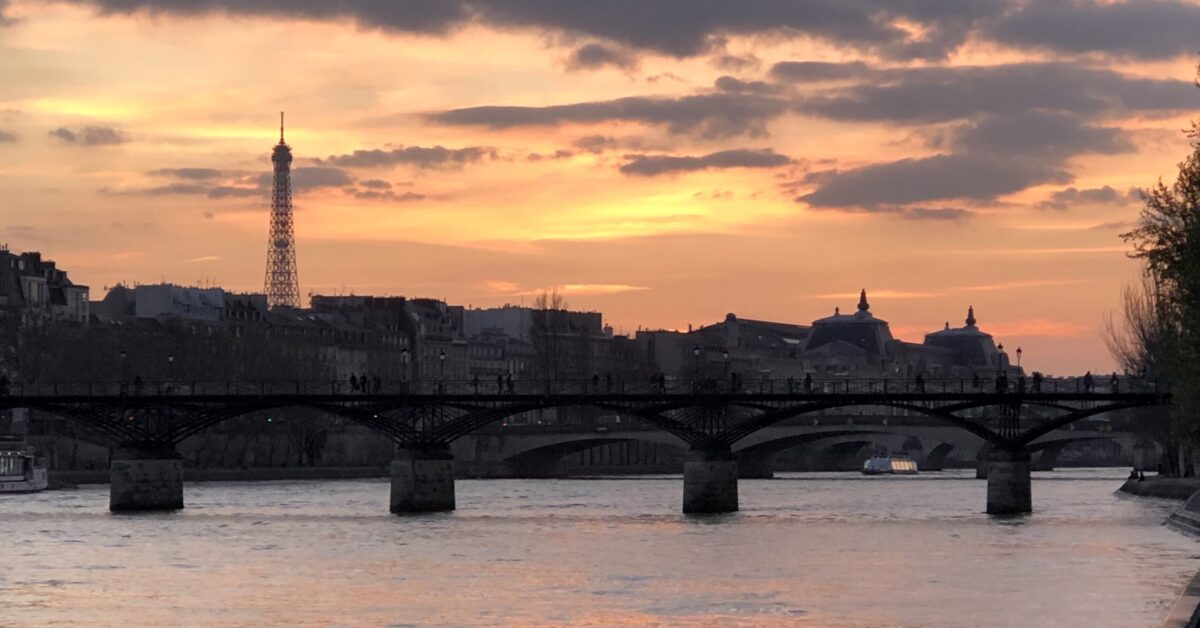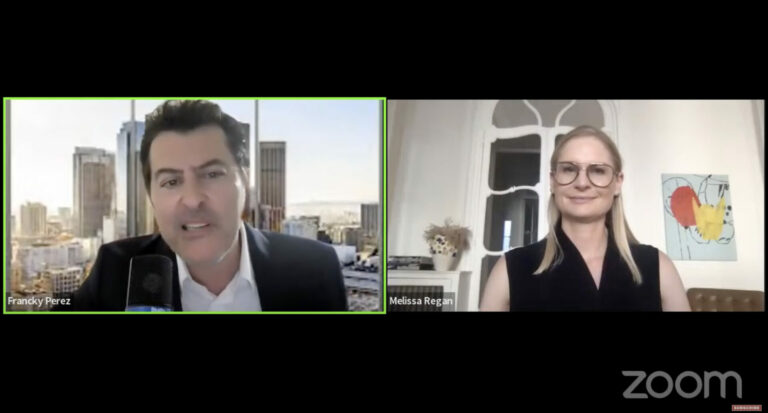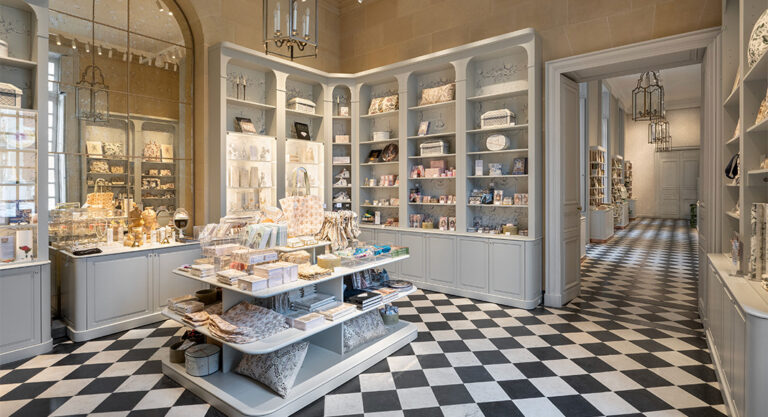Since 2012, France has seen 15 terror attacks claim more than 240 lives on its soil.
Most recently, after the attacks in Nice and Saint-Étienne-du-Rouvray occurred less than two weeks apart, discussions in the news media gravitated towards the topic of how the general public should try to cope in the face of a seemingly pervasive threat to the French joie de vivre.
At the time of the Paris terror attacks, FMEE guest contributor Julianne McShane lived on Rue Oberkampf, a popular, boisterous, multicultural Paris street known for its nightlife and restaurants. Part of the street lies just a block away from the Bataclan theatre, where 90 people were killed on November 13, 2015. The reporting for this piece was completed this past April and May.

When the sun sets over Paris on Friday and Saturday nights, flocks of young people migrate toward Rue Oberkampf to eat, drink, and be merry. A popular street in the 11th arrondissement, Oberkampf is locally known as “une Rue de la Soif” — literally, “a street of thirst” — a French expression used to mark streets that are particularly full of bars and clubs.
But on November 13, 2015 Oberkampf became known for an additional reason. The same gritty bars and clubs that lured students also attracted the eyes of a far less friendly audience. The Bataclan theatre, where three terrorists gunned down 90 concert-goers and injured many others, lies only a block away from the intersection of Boulevard Richard Lenoir.
Those who walk down Oberkampf today looking for proof of French fear personified in empty terraces, quiet bars, and armies of police officers will not find it.
Instead, they will find a nuanced spirit of defiance.
Almost six months after November 13, on a clear Saturday evening in April, the street again transformed into a popular meeting spot for young people. Soon after sunset, revelers emerged from the mouths of the metro stops, crowded the street’s sidewalks, and gathered around the terraced café tables.
Wafts of pulsing electro music drifted out the windows of Espit Chupitos, a bar towards the eastern end of the street. Chris Makouma, a French bouncer, opened and closed the door in spurts as the long line of eager 20-somethings slowly snaked inside. After checking bags, Mr. Makouma admitted some, while others were reminded to unzip coats, leave water bottles on the ground, take their cigarettes further down the block. In the wake of the terror attacks, safety measures once weakly enforced are now universally met. This strict adherence to precaution is the only reminder of President François Hollande’s post-attack statement: France was now at war.
When asked if he thinks people are still scared, Mr. Makouma paused before responding. “People are still a bit scared, because [terror attacks] could happen at any moment,” he said. But among those who do venture out, retribution — not fear — drives their decisions.
Leo Garion, a bartender at Chez ta Soeur, a new bar a few doors down from Espit Chupitos, said that despite upped security, the only change he noticed in the spirit of the street was an emphasized refusal to be intimidated. “In my way of going out, nothing changed,” he said. “I don’t feel fear in people, or a change of mentality. In terms of potential attacks, there’s nothing we can do.”
Cassandre Ménard, a university student, said that while she had not frequented the area before, she began going to bars on Oberkampf after the attacks as a show of solidarity. “We’re only twenty years old,” she said, describing herself and her group of friends clutching beers on a sidewalk terrace. “We can’t not live.”
Mathieu Saymard, also a student, agreed. “I really try to do as before. [The threat] is in a corner of my mind,” he said, gesturing into the distance. Though there are those who avoid the area now, most have stayed in solidarity. “You can see it tonight. Everyone’s here.”
Despite the passing months and subsequent attacks, there is a striking relevance to the resolute spirit of Rue Oberkampf. The neighborhood’s disparate cultures and businesses are united by the French resolve to defy terror’s aim to intimidate. This resolve extends far beyond Oberkampf, and beyond Paris.
It is how and why the French — wherever they are in the world — will spit in the face of hatred.






